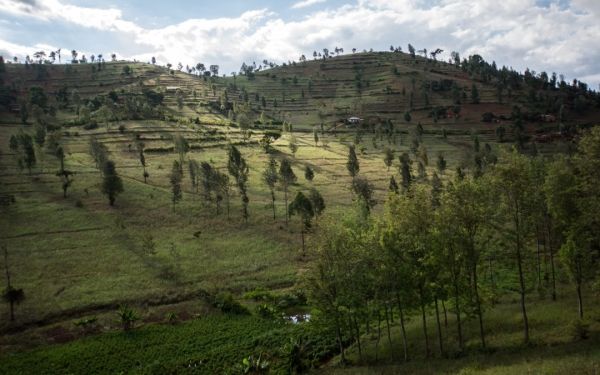Land conditions are vulnerable to ongoing climate change, including increased rainfall intensity, flooding, drought frequency and severity, heat stress, dry spells, wind and sea-level rise. The 2019 Intergovernmental Panel on Climate Change (IPCC) Special Report on Climate Change and Land notes that sustainable land management can contribute to climate change adaptation and mitigation. There is rising appreciation of context-specific options, which include local and indigenous knowledge of communities on sustainable land management. As such, land users’ priorities, perceptions, experiences and knowledge in sustainable land management need more attention. Further, economic, political and social factors can create opportunities or constrain land use and management, and its contribution to climate change adaptation and mitigation.
The Tanzania Climate-Smart Agriculture Alliance (TCSAA) brings together different partners at the national and district level. It comprises policymakers, national and international research organizations, civil society, farmers, the private sector and the media to facilitate the sharing of information, knowledge, and experiences on issues of climate change. In 2019, we conducted focus group discussions separately with men, and women members of the Lushoto District learning alliance. The aim was to identify local-level opportunities for land restoration. The participants included farmers and local leaders from the four villages of Boheloi, Mbwei, Sunga and Madala, representatives from the Environment Management Unit, Ministry of Agriculture, university staff, civil society organizations, faith-based organizations, and district authorities.
Continue reading at International Center for Tropical Agriculture
Image via International Center for Tropical Agriculture


